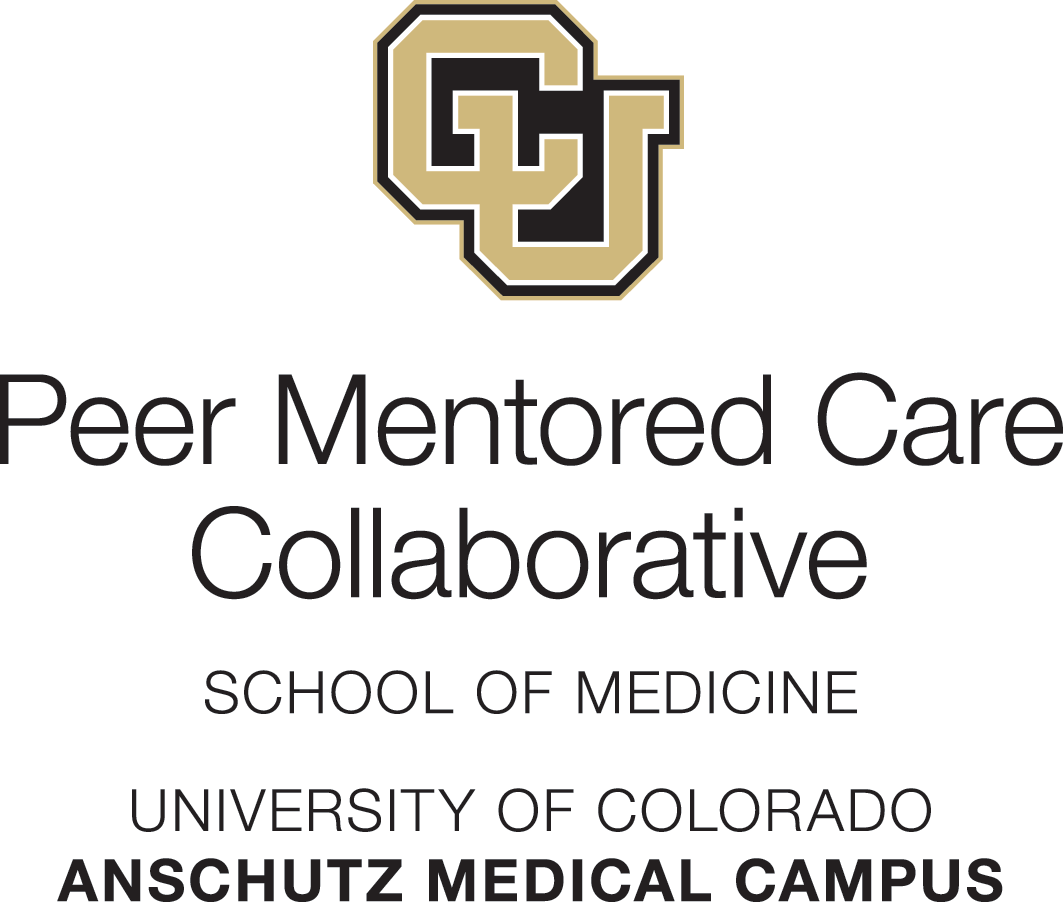Public health is constantly evolving, requiring rapid responses to emerging threats, continuous workforce training, and strong partnerships that connect academia, government and community practice. ECHO Colorado, part of the Peer Mentored Care Collaborative (PMCC) at the University of Colorado’s School of Medicine, provides scalable, real-time public health education, an approach that shares knowledge efficiently to keep up with evolving public health needs.
Colorado’s recent syphilis epidemic underscores the need for rapid public health responses. From 2018 to 2023, syphilis cases in the state tripled, while congenital syphilis saw a seven-fold increase. In April 2024, Governor Polis declared a public health emergency, prompting the Colorado Department of Public Health & Environment (CDPHE) to lead a collaborative effort to curb transmission. As part of this response, in June 2024 CDPHE partnered with ECHO Colorado to launch Syphilis in Colorado: A Call to Action, a four-week ECHO series focused on improving screening, identification and treatment statewide. Through this innovative learning model, 170 frontline professionals engaged in real-time, case-based learning with experts. After the series, 77 percent of respondents reported feeling very confident to extremely confident in their ability to test for syphilis, compared to just 55 percent who felt the same way before the series.
As the syphilis epidemic continues to impact Colorado one year later, ECHO and CDPHE are collaborating on an updated ECHO that launches June 12. Syphilis Updates and Action Planning for Colorado 2025 will equip professionals across Colorado’s health care, public health and corrections systems with the knowledge, skills and resources to effectively address the increasing prevalence of syphilis in communities across the state. Click here to read more and to register.
A Model for Public Health Collaboration
The syphilis response is just one example of how ECHO Colorado and CDPHE have partnered to tackle urgent public health challenges. Over the years, ECHO Colorado has played a pivotal role in the development, implementation and analysis of several public health-related ECHO series related to COVID-19, childhood lead poisoning prevention, breastfeeding and cancer survivor care navigation. This year ECHO and CDPHE are relaunching Colorado Updates in Public Health, a monthly series providing real-time updates on emerging issues, policy changes and best practices for clinical and public health professionals across the state.
“ECHO bridges the gap between public health knowledge and action,” said Devin Miller, PMCC Director of Operations. “And it’s more than just knowledge-sharing, ECHO Colorado breaks down professional silos, fosters unique partnerships, and disseminates evidence-based strategies that can be immediately implemented.”
Scaling Public Health Solutions
For public health leaders, grant-writers and policymakers, ECHO Colorado represents a scalable, data-driven model for workforce development, community engagement and rapid knowledge dissemination. As funding priorities shift toward innovative, systems-based approaches, ECHO Colorado provides an evidence-based framework that can be leveraged for statewide and national public health initiatives.
Interested in partnering with ECHO Colorado? Contact Devin Miller to explore how we can work together to strengthen public health action across Colorado.





